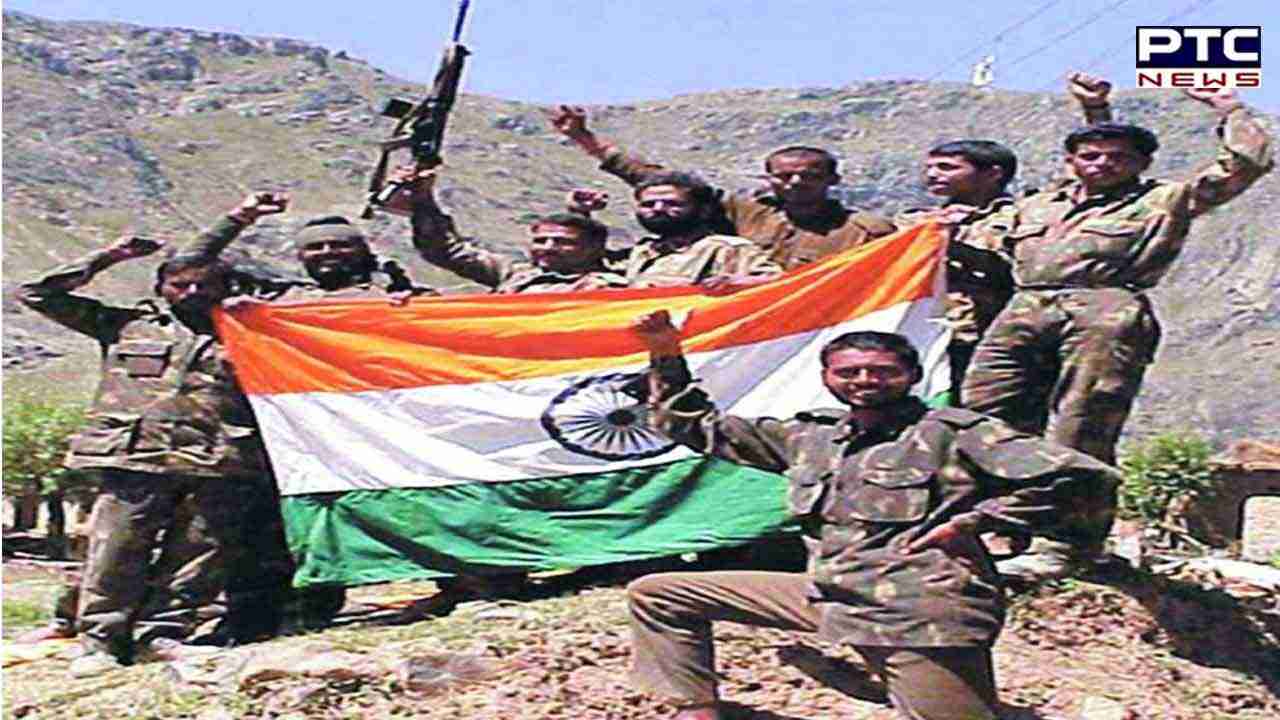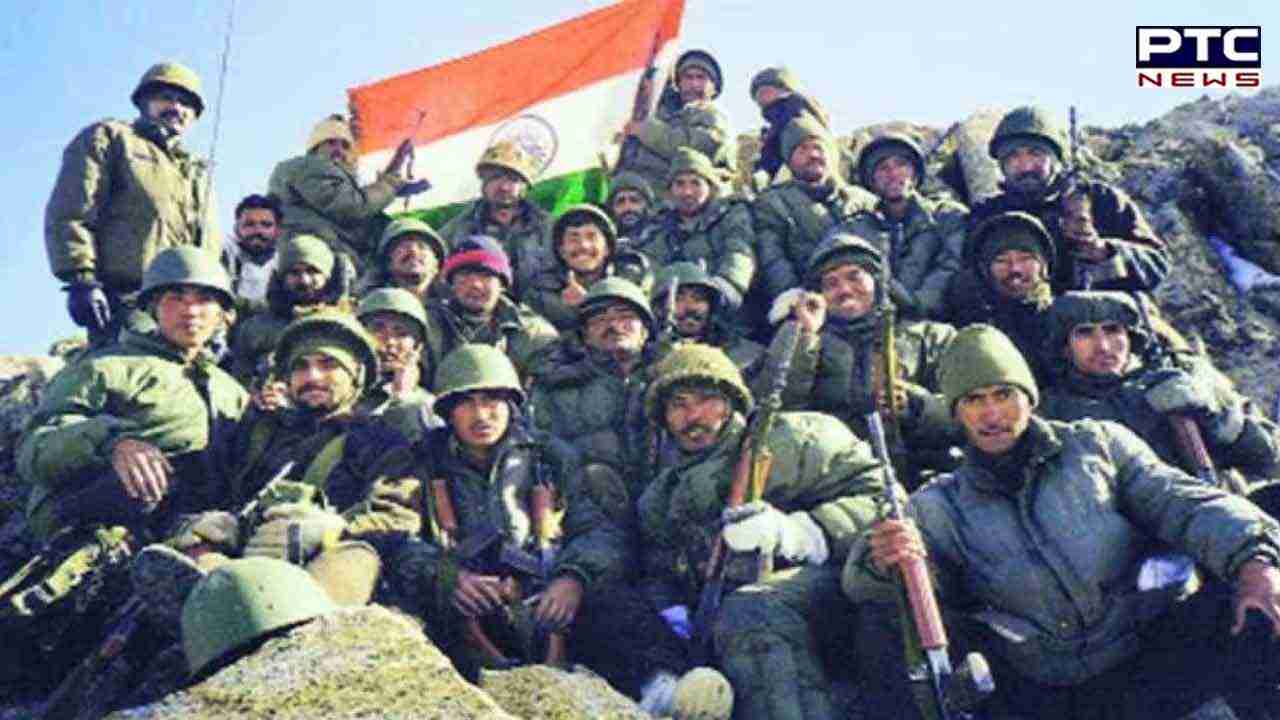Kargil War Anniversary Special: Know how conflict originated and why Tiger Hill proved to be a turning point

Kargil War Anniversary: The Kargil War, an armed conflict between India and Pakistan that took place between May and July 1999 in Kargil district of Jammu and Kashmir, was a significant event in the ongoing Kashmir conflict between the two nations.
The conflict originated when Pakistani soldiers and militants infiltrated across the Line of Control (LoC) into Indian-controlled territory in the Kargil region. The intruders strategically occupied high-altitude mountain peaks, posing a grave threat to the strategic Srinagar-Leh highway and Indian positions in the region.
The Kargil War caught India by surprise as the infiltration had occurred in an area that was not heavily militarised. The Indian military, upon discovering the intrusion, swiftly launched "Operation Vijay" to evict the Pakistani intruders.
The Kargil war saw intense and challenging battles fought at high altitudes in rugged and inhospitable terrain. Both sides endured heavy casualties and faced numerous challenges due to the harsh weather conditions. The Indian forces, with their determination, recaptured the strategic peaks one by one, pushing back the Pakistani intruders.
The Kargil War officially came to an end on July 26, 1999, when the Indian forces successfully recaptured the last remaining territories occupied by Pakistani forces. The war resulted in a decisive victory for India, but it came at a high cost, with many soldiers laying down their lives in the line of duty.
The Kargil War holds significant importance in India's military history, and the brave actions of the soldiers, including Captain Vikram Batra, who was posthumously awarded the Param Vir Chakra, continue to be remembered and honoured as examples of extraordinary courage and sacrifice.
Capture of Tiger Hill was a turning point in Kargil War
Tiger Hill was one of the most strategically important peaks during the Kargil War in 1999 between India and Pakistan. It is located in Dras sector of Kargil district in Jammu and Kashmir, near the Line of Control (LoC) that separates Indian and Pakistani-controlled territories.

During the Kargil War, Pakistani troops and militants had infiltrated into Indian territory and occupied several high-altitude peaks, including Tiger Hill. The capture of Tiger Hill by the Pakistani forces posed a significant threat to the nearby National Highway 1A, which connects Srinagar to Leh and serves as a crucial supply route.
As part of "Operation Vijay," the Indian military launched a major offensive to retake control of the occupied peaks, including Tiger Hill. The battle for Tiger Hill was fierce and intense, with both sides engaging in heavy artillery and infantry combat at high altitudes. The difficult terrain, extreme weather conditions, and well-fortified enemy positions made the battle even more challenging.
One of the most notable incidents during the recapture of Tiger Hill was the bravery and valor displayed by Captain Vikram Batra. On the night of July 4-5, 1999, Captain Batra led his team in a daring assault on the peak. Despite facing heavy enemy fire, he and his men managed to climb the steep slopes and capture the strategic point. During the battle, Captain Batra famously said, "Yeh Dil Maange More!" ("This heart craves more!") after achieving the objective.
The capture of Tiger Hill by the Indian forces was a turning point in the Kargil War. It dealt a severe blow to the Pakistani troops and significantly boosted the morale of the Indian forces. The successful recapture of Tiger Hill and other key peaks eventually led to the eviction of Pakistani intruders from the entire Kargil region.
